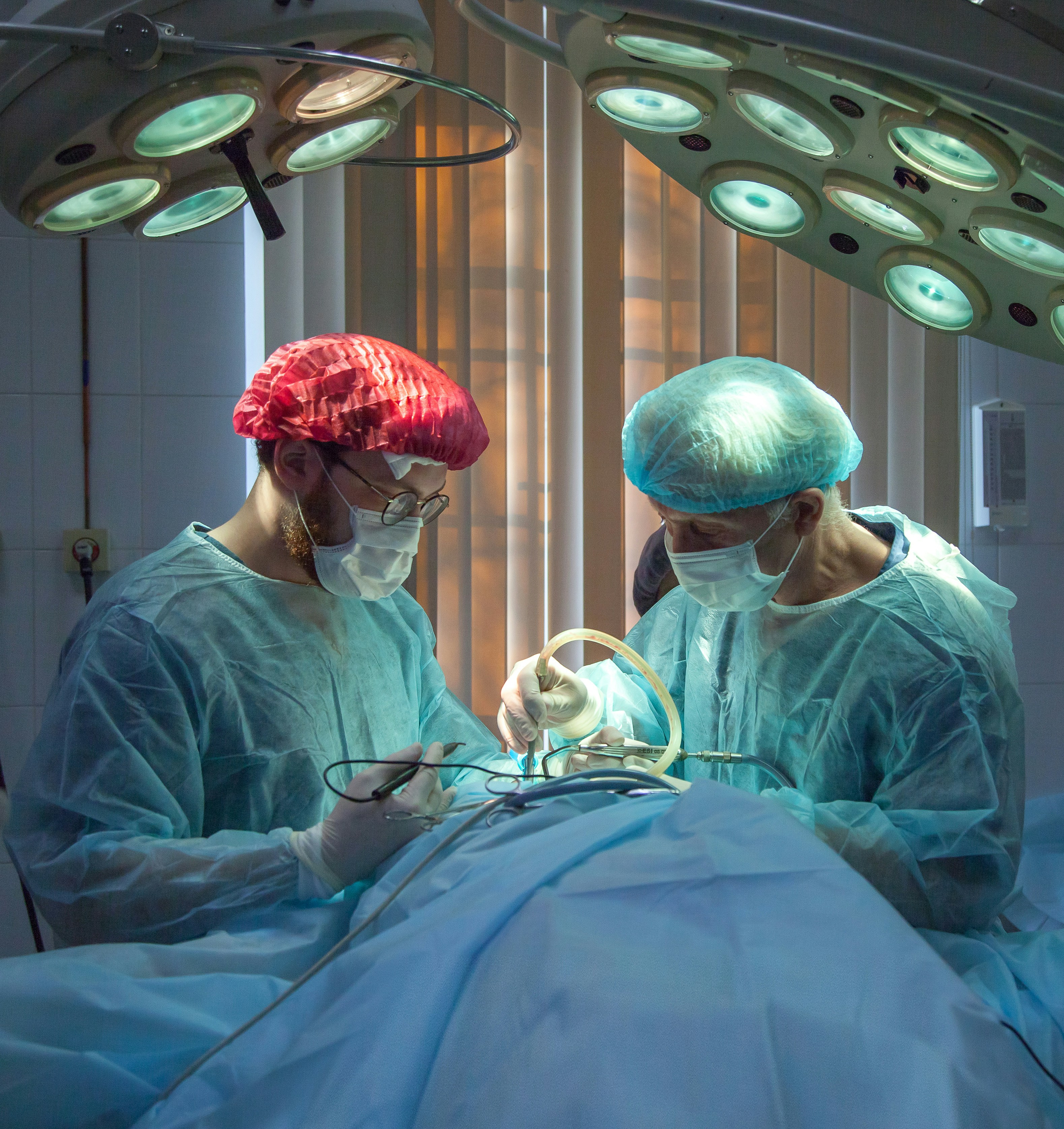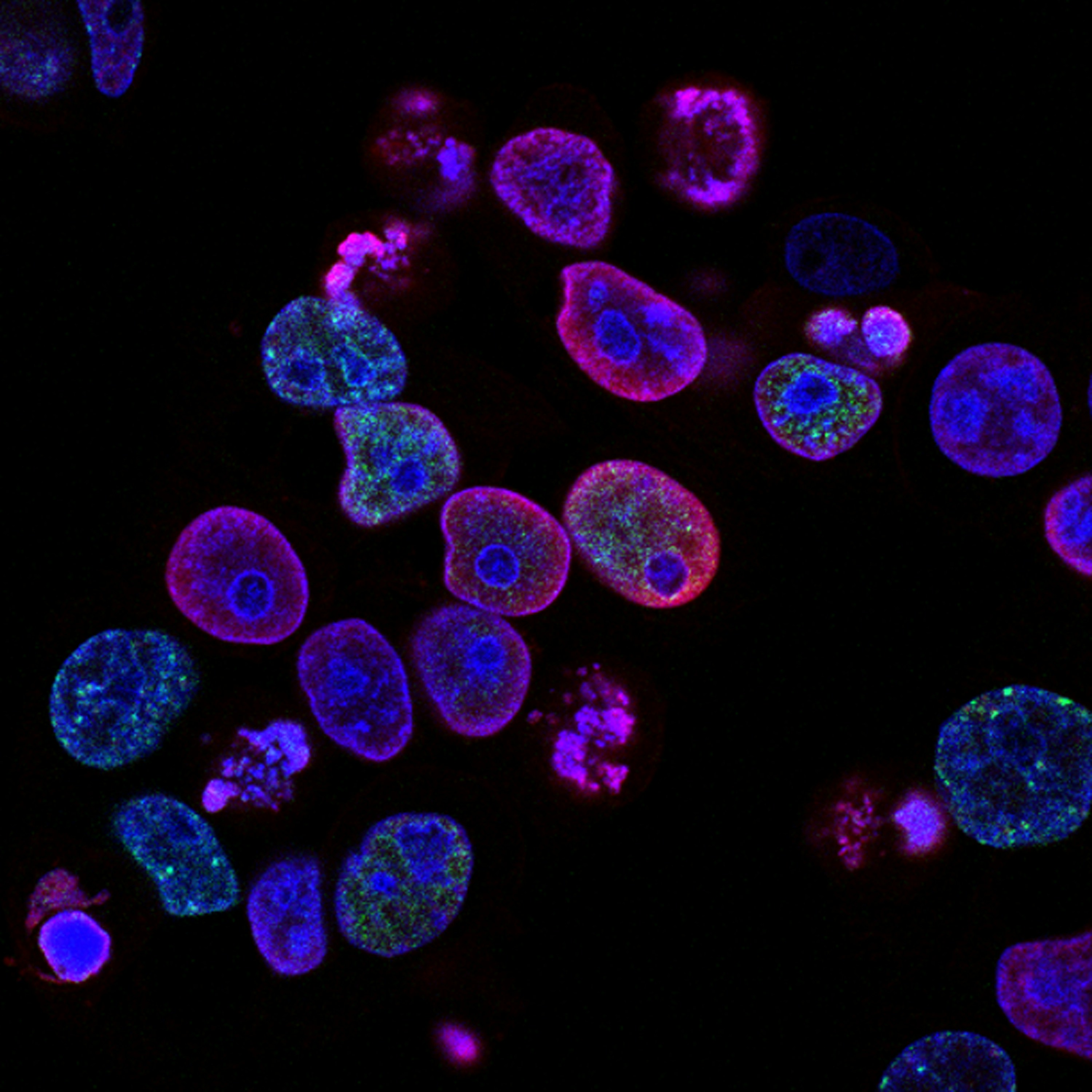10 March 2024

CRISPR-Cas9 technology has revolutionized the field of gene editing, offering precise and efficient methods to alter DNA. This powerful tool allows scientists to make specific changes to the genetic code, potentially curing genetic disorders and creating disease-resistant organisms. The simplicity and versatility of CRISPR have led to its rapid adoption in research and medicine.
In healthcare, CRISPR is being used to develop treatments for a range of genetic conditions, including cystic fibrosis, sickle cell anemia, and muscular dystrophy. Clinical trials are underway to test the safety and efficacy of CRISPR-based therapies, showing promising results. Additionally, CRISPR holds potential for treating cancers by targeting and destroying cancer cells while sparing healthy tissue.

Beyond medicine, CRISPR is transforming agriculture by creating crops that are more resilient to pests, diseases, and environmental stresses. This technology also raises ethical and regulatory questions, particularly regarding its use in human embryos and the potential for creating "designer babies."
Despite the excitement, challenges remain, including off-target effects, delivery methods, and ensuring equitable access to CRISPR therapies. Researchers are continually improving the technology to enhance its precision and safety.
Play video
More stories
10 March 2024

CRISPR-Cas9 technology has revolutionized the field of gene editing, offering precise and efficient methods to alter DNA. This powerful tool allows scientists to make specific changes to the genetic code, potentially curing genetic disorders and creating disease-resistant organisms. The simplicity and versatility of CRISPR have led to its rapid adoption in research and medicine.
In healthcare, CRISPR is being used to develop treatments for a range of genetic conditions, including cystic fibrosis, sickle cell anemia, and muscular dystrophy. Clinical trials are underway to test the safety and efficacy of CRISPR-based therapies, showing promising results. Additionally, CRISPR holds potential for treating cancers by targeting and destroying cancer cells while sparing healthy tissue.

Beyond medicine, CRISPR is transforming agriculture by creating crops that are more resilient to pests, diseases, and environmental stresses. This technology also raises ethical and regulatory questions, particularly regarding its use in human embryos and the potential for creating "designer babies."
Despite the excitement, challenges remain, including off-target effects, delivery methods, and ensuring equitable access to CRISPR therapies. Researchers are continually improving the technology to enhance its precision and safety.
Play video
More stories
10 March 2024

CRISPR-Cas9 technology has revolutionized the field of gene editing, offering precise and efficient methods to alter DNA. This powerful tool allows scientists to make specific changes to the genetic code, potentially curing genetic disorders and creating disease-resistant organisms. The simplicity and versatility of CRISPR have led to its rapid adoption in research and medicine.
In healthcare, CRISPR is being used to develop treatments for a range of genetic conditions, including cystic fibrosis, sickle cell anemia, and muscular dystrophy. Clinical trials are underway to test the safety and efficacy of CRISPR-based therapies, showing promising results. Additionally, CRISPR holds potential for treating cancers by targeting and destroying cancer cells while sparing healthy tissue.

Beyond medicine, CRISPR is transforming agriculture by creating crops that are more resilient to pests, diseases, and environmental stresses. This technology also raises ethical and regulatory questions, particularly regarding its use in human embryos and the potential for creating "designer babies."
Despite the excitement, challenges remain, including off-target effects, delivery methods, and ensuring equitable access to CRISPR therapies. Researchers are continually improving the technology to enhance its precision and safety.
Play video

